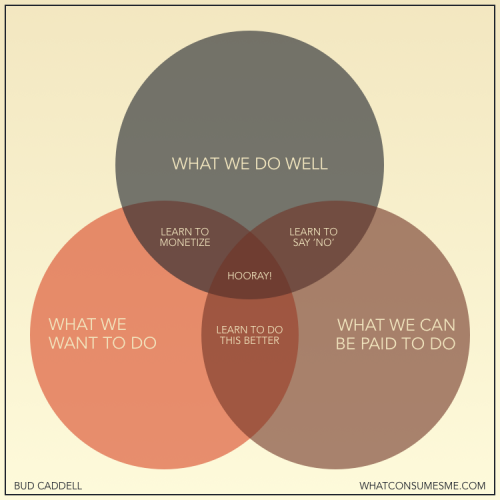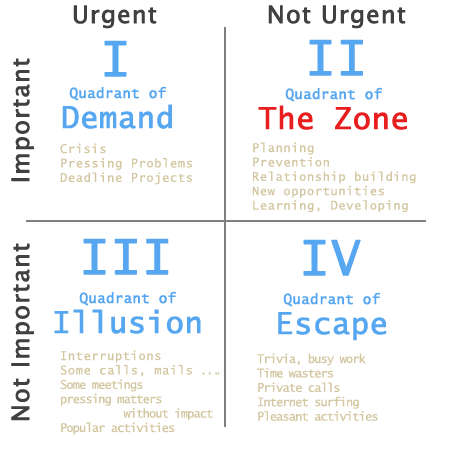Slow Down
I have been slowly making my way through Malcolm Gladwell’s The Tipping Point (one book among many). The cognitive bias being discussed at the moment is Fundamental Attribution Error (or Actor-Observer Bias, Correspondence Bias or Attribution Effect), in which humans tend to ascribe actions to some innate properties of the actor, rather than the context of the action.
Some years ago two Princeton University psychologists, John Darley and Daniel Batson, decided to conduct a study inspired by the biblical story of the Good Samaritan.
Darley and Batson decided to replicate that study at the Princeton Theological Seminary … Darley and Batson met with a group of seminarians, individually, and asked each one to prepare a short, extemporaneous talk on a given biblical theme, then walk over to a nearby building to present it. Along the way to the presentation, each student ran into a man slumped in an alley, head down, eyes closed, coughing and groaning. The question was, who would stop and help? Darley and Batson introduced three variables into the experiment, to make its results more meaningful. First, before the experiment even started, they gave the students a questionnaire about why they had chosen to study theology. Did they see religion as a means for personal and spiritual fulfillment? Or were they looking for a practical tool for finding meaning in everyday life? Then they varied the subject of the theme the students were asked to talk about. Some were asked to speak on the relevance of the professional clergy to the religious vocation. Others were given the parable of the Good Samaritan. Finally, the instructions given by the experimenters to each student varied as well. In some of the cases, as he sent the students on their way, the experimenter would look at his watch and say, ‘Oh, you’re late. They were expecting you a few minutes ago. We’d better get moving.’ In other cases, he would say, ‘It will be a few minutes before they’re ready for you, but you might as well head over now.’
If you ask people to predict which seminarians played the Good Samaritan (and subsequent studies have done just this) their answers are highly consistent. They almost all say that the students who entered the ministry to help people and those reminded of the importance of compassion by having just read the parable of the Good Samaritan will be the most likely to stop. Most of us, I think, would agree with those conclusions. In fact, neither of those factors made any difference. ‘It is hard to think of a context in which norms concerning helping those in distress are more salient than for a person thinking about the Good Samaritan, and yet it did not significantly increase helping behavior,’ Darley and Batson concluded. ‘Indeed, on several occasions, a seminary student going to give his talk on the parable of the Good Samaritan literally stepped over the victim as he hurried on his way.’ The only thing that really mattered was whether the student was in a rush. Of the group that was, 10 percent stopped to help. Of the group who knew they had a few minutes to spare, 63 percent stopped.
What this study is suggesting, in other words, is that the convictions of your heart and the actual contents of your thoughts are less important, in the end, in guiding your actions than the immediate context of your behavior. The words ‘Oh, you’re late’ had the effect of making someone who was ordinarily compassionate into someone who was indifferent to suffering—of turning someone, in that particular moment, into a different person.
But then, the lessons of humanity to be gained (once you have studied up on the Monkey Firehose and the Monkey Pay-Per-View) is that you should be in a hurry because who is to know whether you are late or early upon your true path. And eat your spinach.

